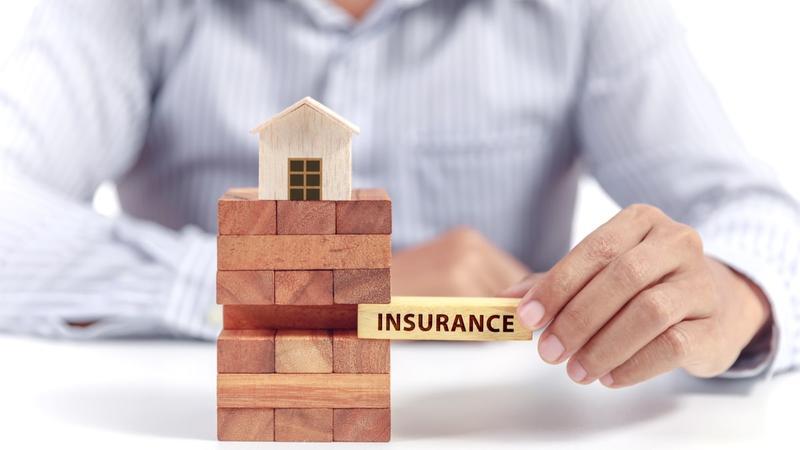Home insurance is a necessary expense for everyone who owns a home. If you're like most people, you want the best coverage, but you also want to save as much money as you can. Here's how to save while you get the protection you need. If you plan to get a mortgage from a Canadian based financial institution, then you must secure home insurance on the dwelling you are purchasing. It's important to get the right policy for your needs. But we would all like to save some money at the same time. Here are seven ideas for saving money on your home insurance premiums:
1. Make sure you know the actual rebuild cost of your home. If possible, get an estimate of the cost to rebuild your home in case of fire or other damage. Building contractors and professional appraisers may offer this service for a fee. By getting a good handle on the rebuild cost, you'll know how much insurance you need. Don't just choose to insure your home for the market value or purchase price, as these numbers are not accurate assessments of how much it will cost to rebuild your home - the land (included in the market/purchase price) will not disappear in case of a disaster. You will most likely end up over insured, and paying premiums for coverage you will never be able to claim for.
2. Don't be afraid to shop around. Home insurance can be a significant expense, so it pays to shop around and get the best deal possible. Remember that low cost doesn't always equal the best deal, you'll want to make sure that your prospective insurance company offers great service and is accessible when you need them as well. Online insurance quotes can find you the best deal from a wide variety of companies, so it pays to spend a few minutes to fill out the required information to be connected with the right insurer and broker for your needs.
3. Ask Questions. Make sure the policy is right for you. If you don't understand something in your policy, talk to your insurance professional and be sure before you sign anything. You don't want to rush your decision and end up with "buyer's remorse" or find that you don't have the correct coverage when you need to make a claim.
4. Raise your deductible. Your deductible is the amount of money you will be responsible to pay in the event of a claim. For example, if you have a deductible of $700 and your home sustains $3000 of damage, you will have to pay the first $700 for repairs and your insurance company will pay the remaining $2,300. Generally, the higher the deductible, the lower your monthly insurance premium will be. Be careful not to set your deductible so high that you will have trouble paying it in the event of a claim.
5. Buy home insurance from the same company that you buy your auto insurance from. Insurance companies offer what is known as a multi-line discount. That is, if you buy more than one type of insurance from the same company, you get a discount on both policies. Some companies will also offer discounts for being a long term customer, a member of certain professional organizations, being a retiree, or other reasons. Ask your insurance provider if you qualify for any of these discounts. If you plan to switch insurance companies, wait until your policy is up for renewal to avoid cancellation penalties.
6. Install an alarm system. Installing an alarm system, deadbolt locks and proper smoke and carbon monoxide detectors can lower the cost of your home insurance. The insurance company faces less risk that you will lose your belongings to theft if your home has increased security. Plus, as a bonus, it gives you added peace of mind that you and your family are safe in your own home.
7. Consider the insurance consequences of buying a new home. Before you buy your home, you may want to consider the cost of home insurance as one factor in your decision. Newer homes are generally cheaper to insure, as their heating, plumbing and electrical systems are likely to be in excellent condition. The location of your home also plays a part. Buying a home in a low crime area will save you money on rates, as will buying within a reasonable distance from a fire station and regular water source. This usually isn't an issue in a residential area, but if you buy in a rural area, a significant distance from a fire station and fire hydrants, your home may be more expensive to insure.
Your first concern obviously is getting the right home insurance policy for your needs. But it's nice to save a little bit of money along the way. Keep these tips in mind as you shop for home insurance and you may find a little extra money available for those elective renovations.
